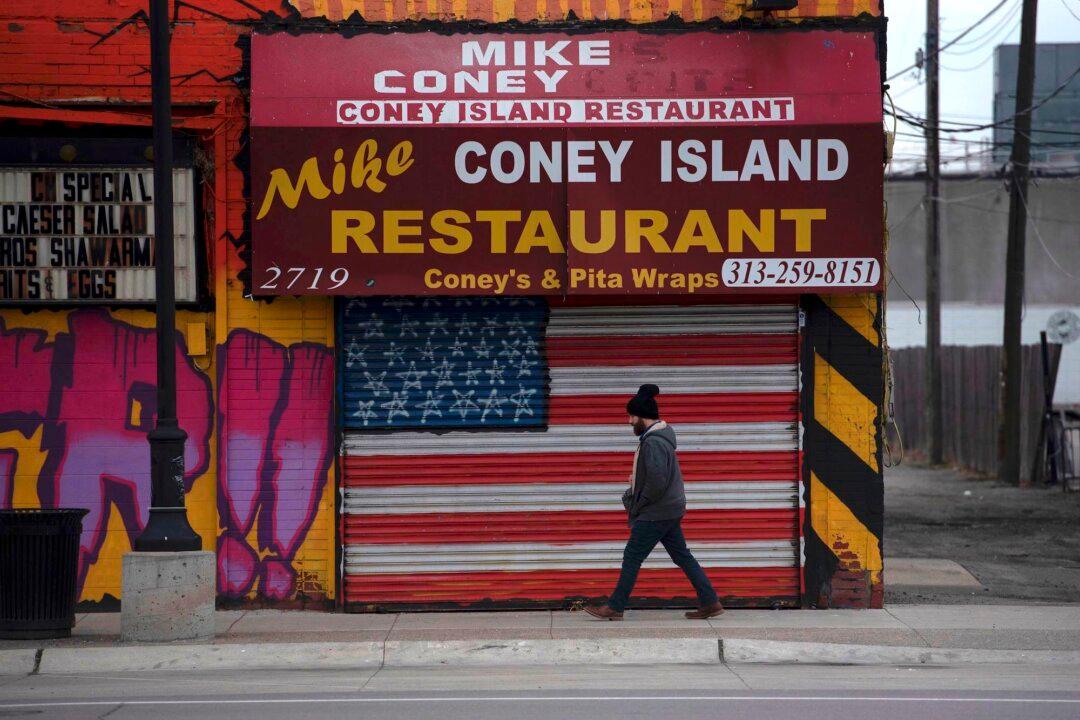As several Democratic-led states initiate new lockdowns in response to surging cases of the CCP virus, economists are warning of economic fallout from a new round of restrictions.
Authorities in Michigan and Washington state have announced partial lockdowns as cases of the CCP (Chinese Communist Party) virus top 11 million in the United States. Deaths from the virus across the country in the past week are at 8,263, according to the Centers for Disease Control and Prevention.





